Dive into a collection of articles that amplify neurodivergent voices, support a more thorough understanding of neurodiversity, and challenge common misconceptions.
Month
- February 2026
- January 2026
- December 2025
- November 2025
- October 2025
- September 2025
- August 2025
- July 2025
- June 2025
- May 2025
- April 2025
- March 2025
- February 2025
- January 2025
- December 2024
- November 2024
- October 2024
- September 2024
- August 2024
- July 2024
- June 2024
- May 2024
- April 2024
- March 2024
- February 2024
- January 2024
- December 2023
- November 2023
- October 2023
- September 2023
- August 2023
- July 2023
- June 2023
- May 2023
- April 2023
- March 2023
- February 2023
- January 2023
- December 2022
Author
- Abs S. Ashley
- Adam Fare
- Aimee Fletcher
- Aisling Sheehy
- Andreia Costa
- Ann Memmott
- Antonia Aluko
- Bethan Warner
- Beverley Samways
- Brendan Maguire
- Callum Stephen Howes
- Cassandra Lovelock
- Charli Clement
- Chloe Webster-Harris
- Claire
- Cos Michael
- Darren O'Reilly
- Dr Catherine Crompton
- Dr Virginia Carter Leno
- El Dewar
- Elise Guthrie Stirling
- Emily Wooden
- Emily Lees
- Emily Katy
- Emma
- Emma Nielson
- Grace Lee
- Harriet Axbey
- Hat Porter
- Helen Edgar
- Iqra Babar
- Jill Corbyn
- Kai Schweizer
- Katrine Callander
- Kay Louise Aldred
- Krysia Waldock
- Kyra Thompson
- Lizzie Smith
- Lou Chandler
- Lucy Gilbert
- Meena Kumari
- Molly Anderton
- Molly Siobhan Parker
- Nick Ransom
- Reesha Zahir
- Remie Colledge
- Rhiannon Williams
- Rod Landman
- Rose Matthews
- Sarah Douglas
- Sarah Boon
- Sascha Bellamy
- Sophie Broadgate
- Stop Oxevision
- Thomas Barnett
- Tina
- Trauma Geek
- Victoria Denham
- Warda Farah
- Zoë Austin
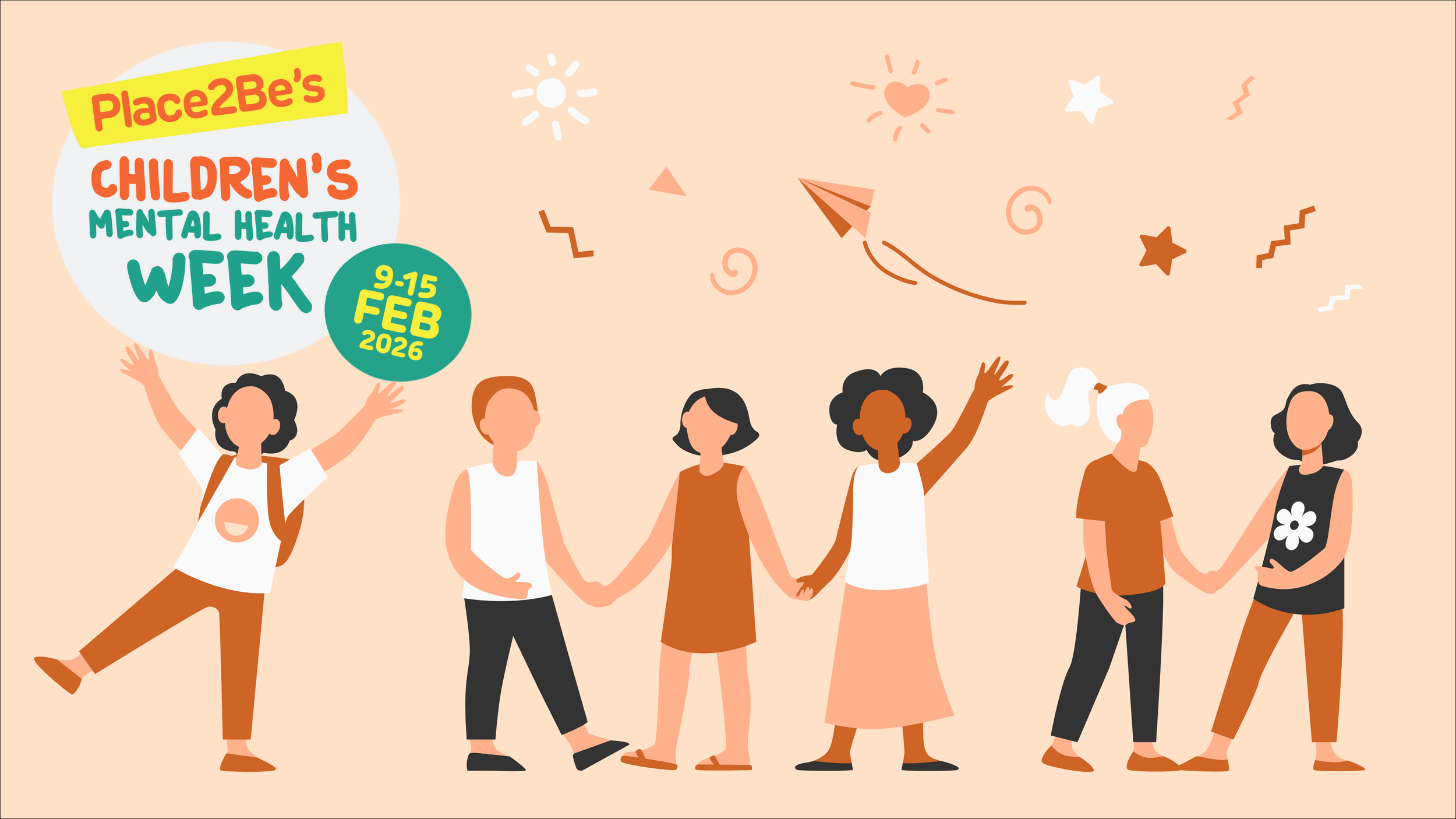
This is my place: supporting Autistic children’s wellbeing in neuro-affirming ways
During Children’s Mental Health Week, “This Is My Place” invites us to rethink how we support Autistic children. Helen Edgar explores how creating safe, Neurodivergent-affirming spaces—where children’s sensory needs, communication, and interests are respected—helps them feel they truly belong and thrive.
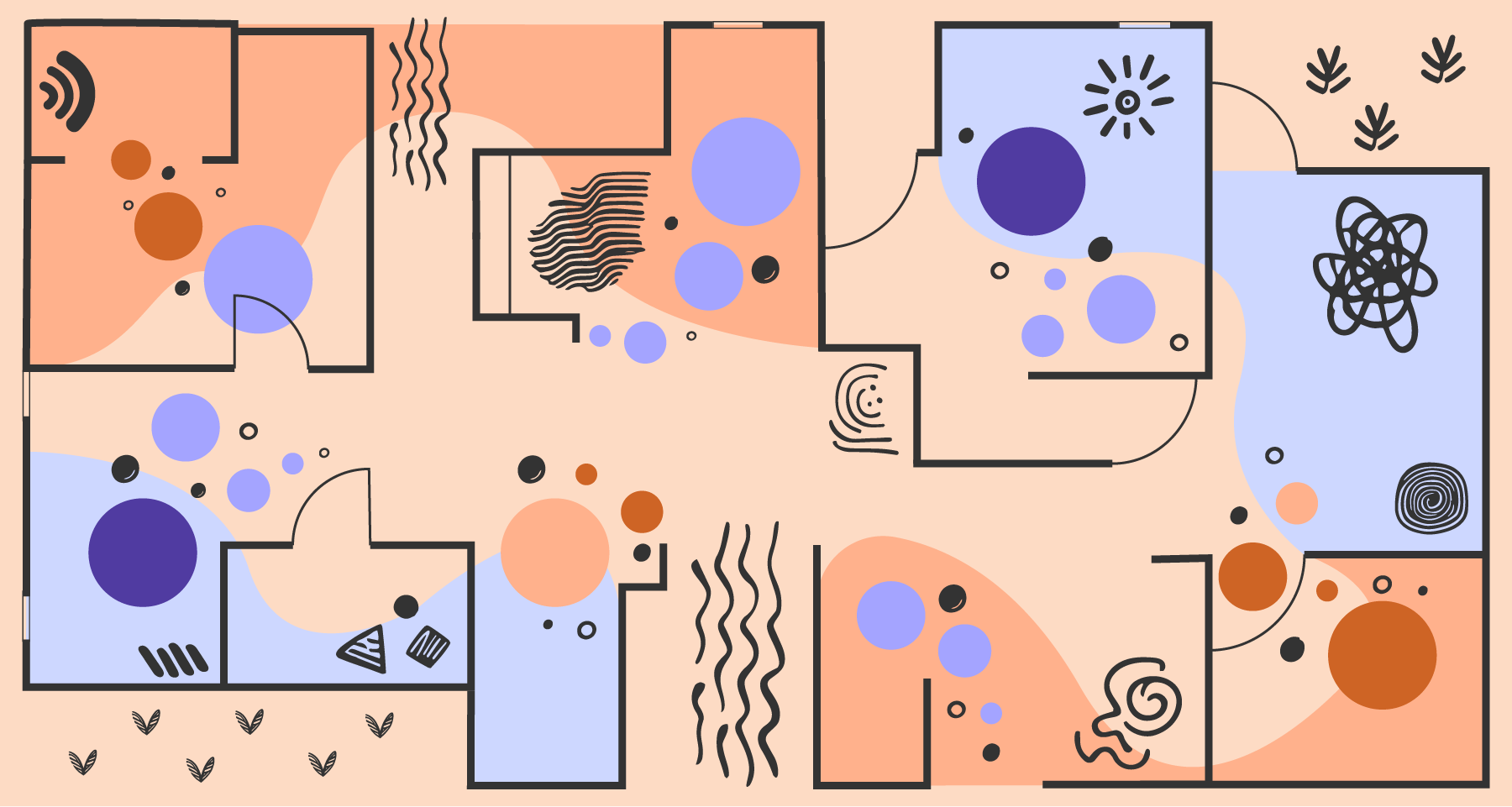
5 Tips for a Home that Supports Sensory Needs
Lou Chandler shares reflections on how home environments can impact sensory needs, drawing on their lived experience as an autistic person. Lou explores how elements such as lighting, noise and spatial layout can affect regulation and offers gentle prompts for considering small, supportive adjustments at home.
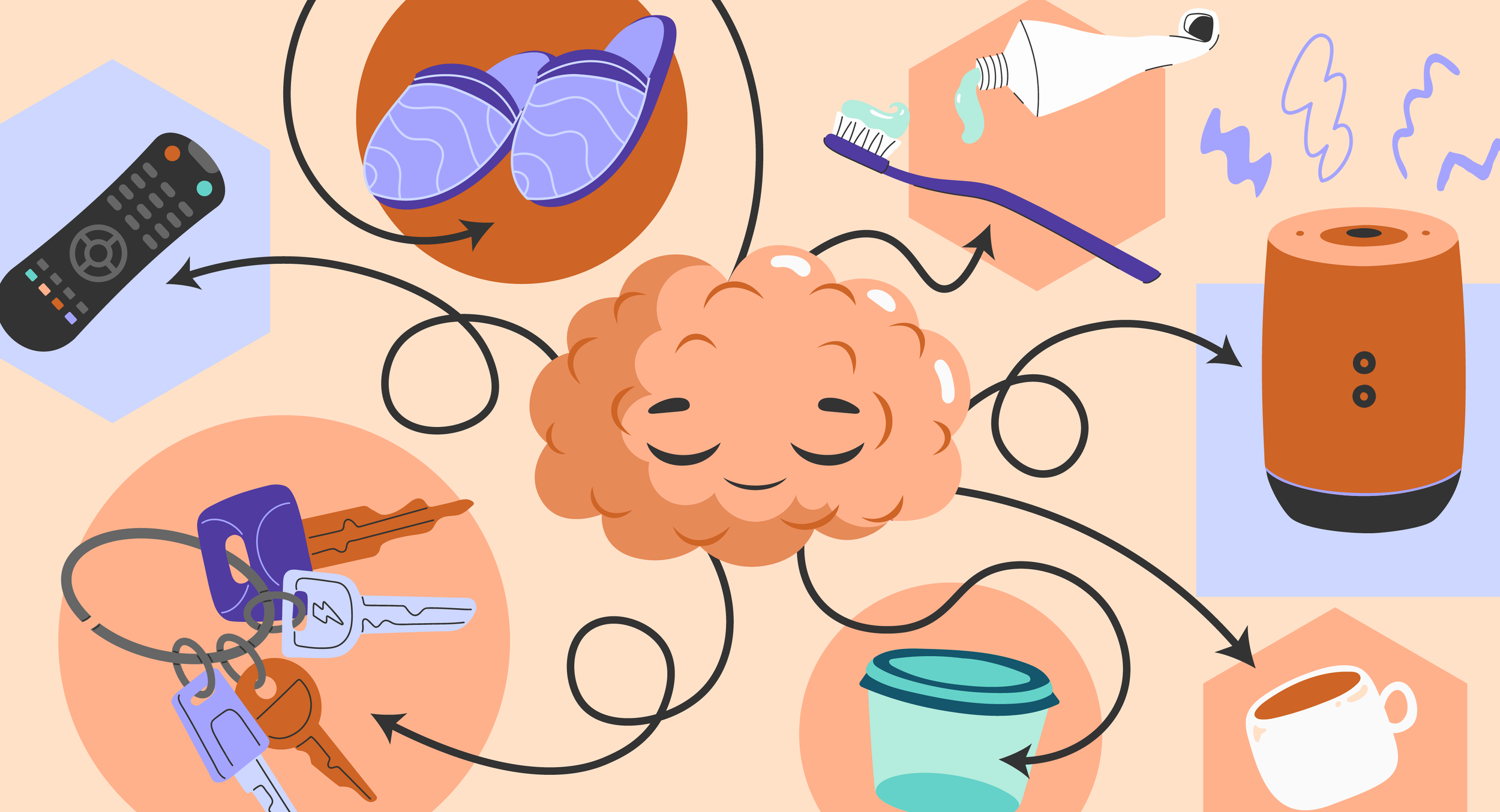
5 tips from Lou Chandler @neurodivergent_lou for a home that supports executive functioning
Lou Chandler, award-winning speaker and creator behind @neurodivergent_lou, joins us on the blog to explore the importance of curating a home environment that supports executive functioning, and shares some valuable tips to help others adapt their own environment.
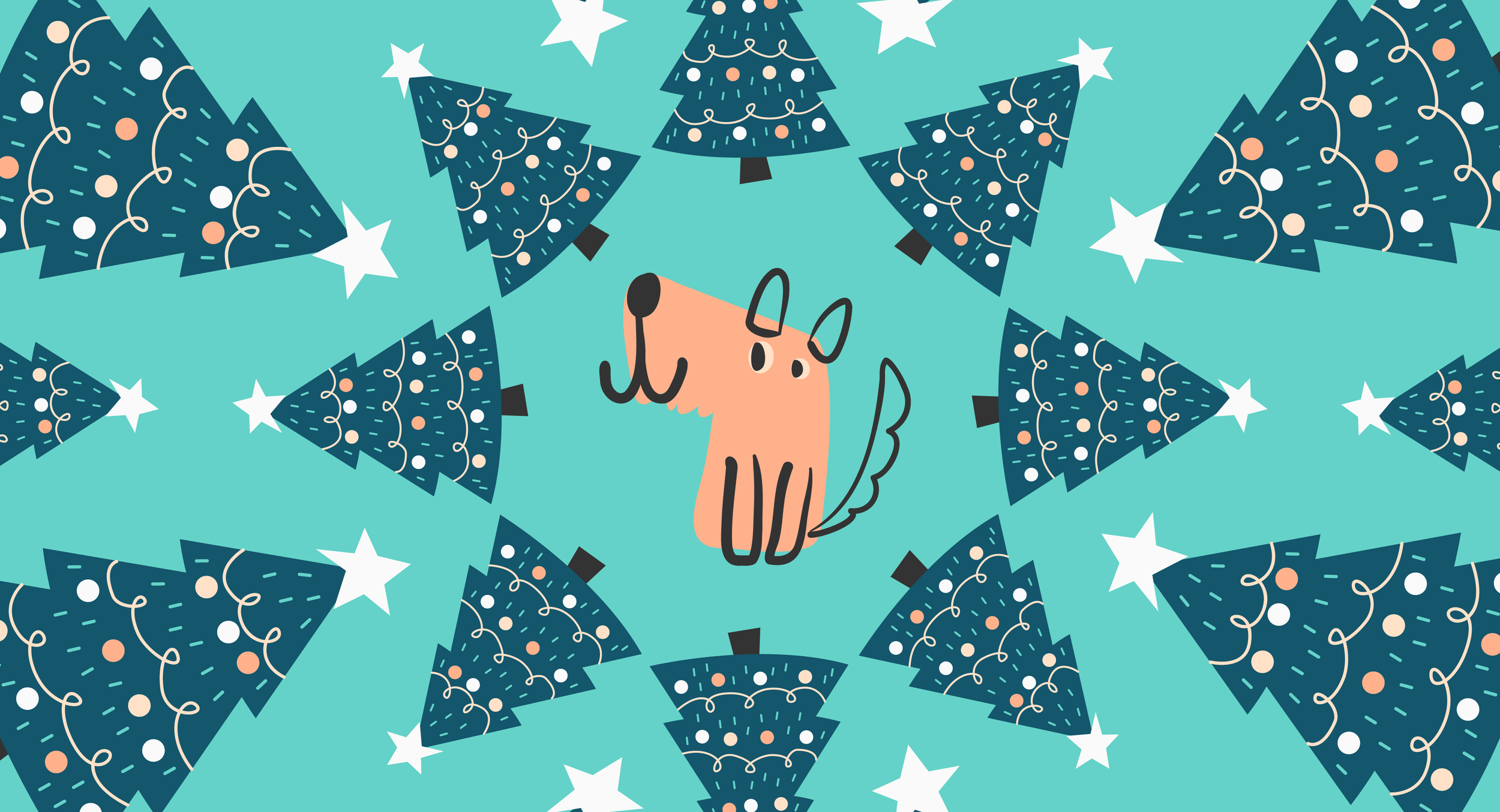
Embracing alone time in the festive season
Festivities and holidays can be extremely difficult for Autistic and otherwise Neurodivergent people for a variety of reasons; with the way they cause so much change and differences in sensory input and an increase in social situations. For me, I am wholeheartedly of the belief that we would all be happier people during the festive season, Neurodivergent or not, if we allowed ourselves to have more alone time.

Tips from the NdC team for managing the festive season
NdC Team Member Molly Anderton assesses the challenges of the festive season, and has compiled a list of tips from other members of the NdC team for managing these difficulties—including eating, routine, social expectations and sensory overwhelm.
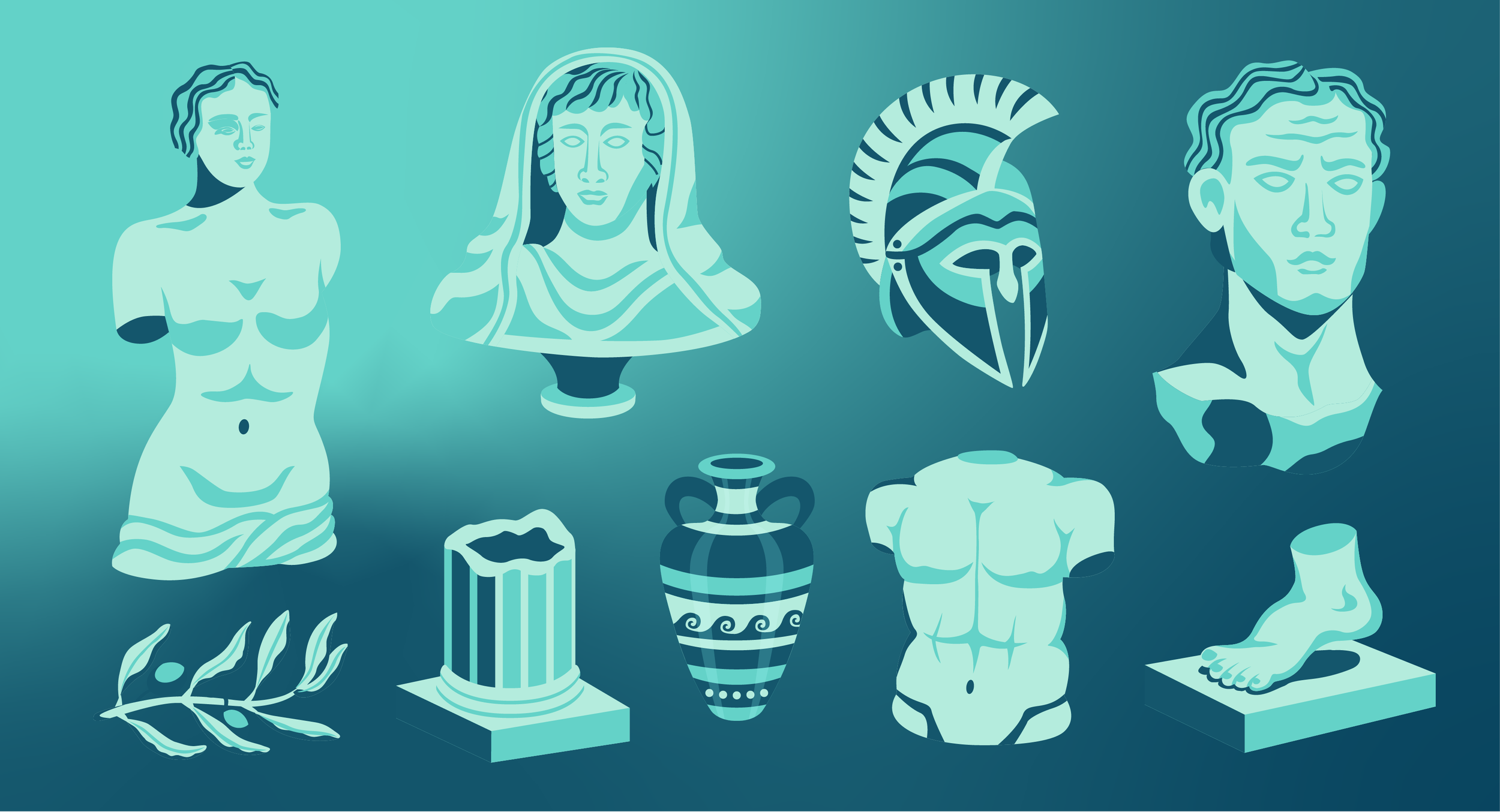
What museums, galleries and other organisations should learn from Neurodivergent people
In this blog, Aimee Fletcher, an Autistic PhD researcher at the University of Glasgow, discusses her research on how cultural heritage organisations can make changes to become more accessible to Neurodivergent people and, by extension, all audiences.
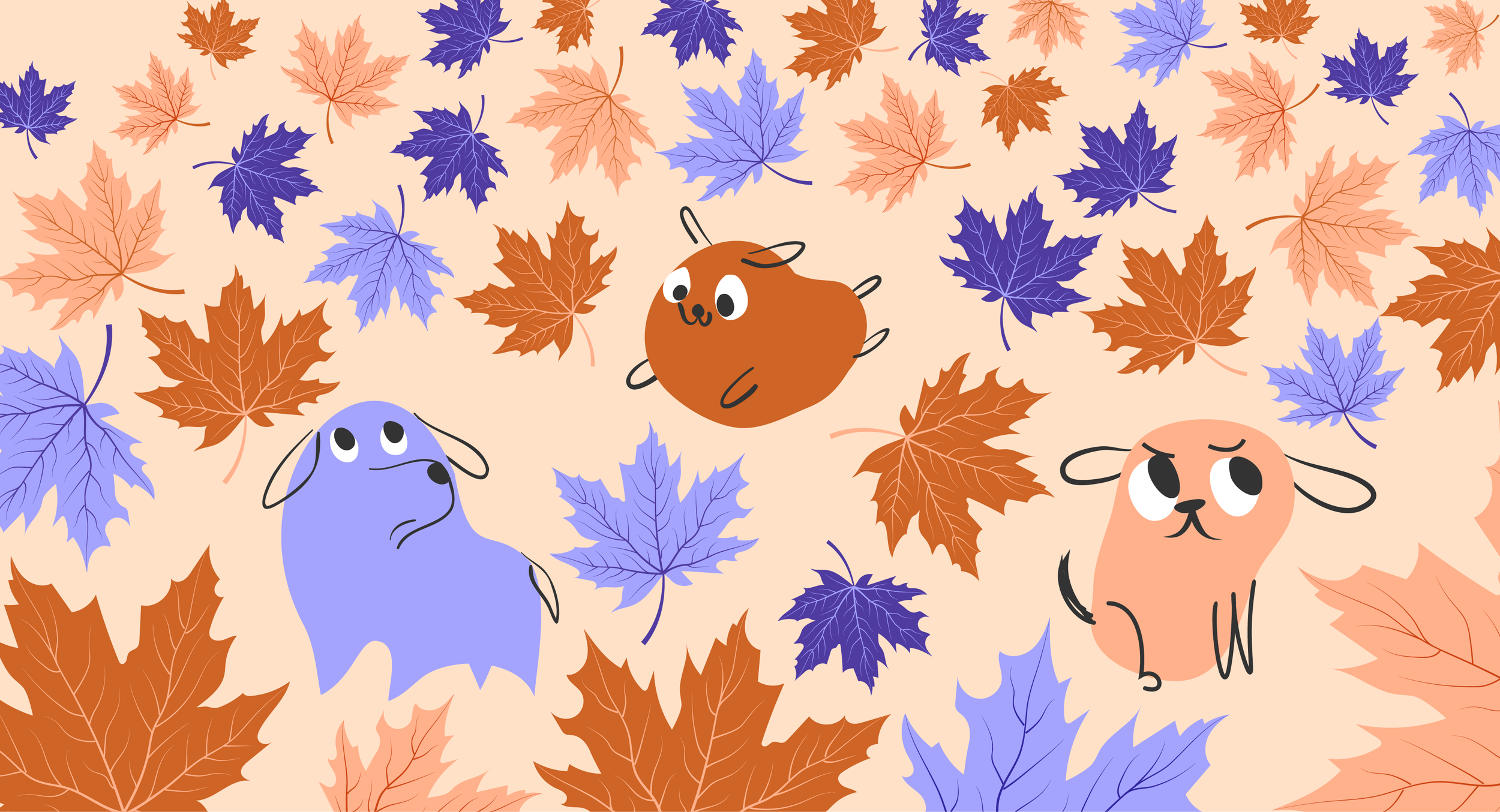
Four approaches for coping with seasonal change
Kay Aldred (NdC Development Lead) shares her recommendations for coping with seasonal change, grouped into four key approaches: making physical adjustments, supporting mental and emotional wellbeing, supporting energy levels and reducing executive functioning burden.
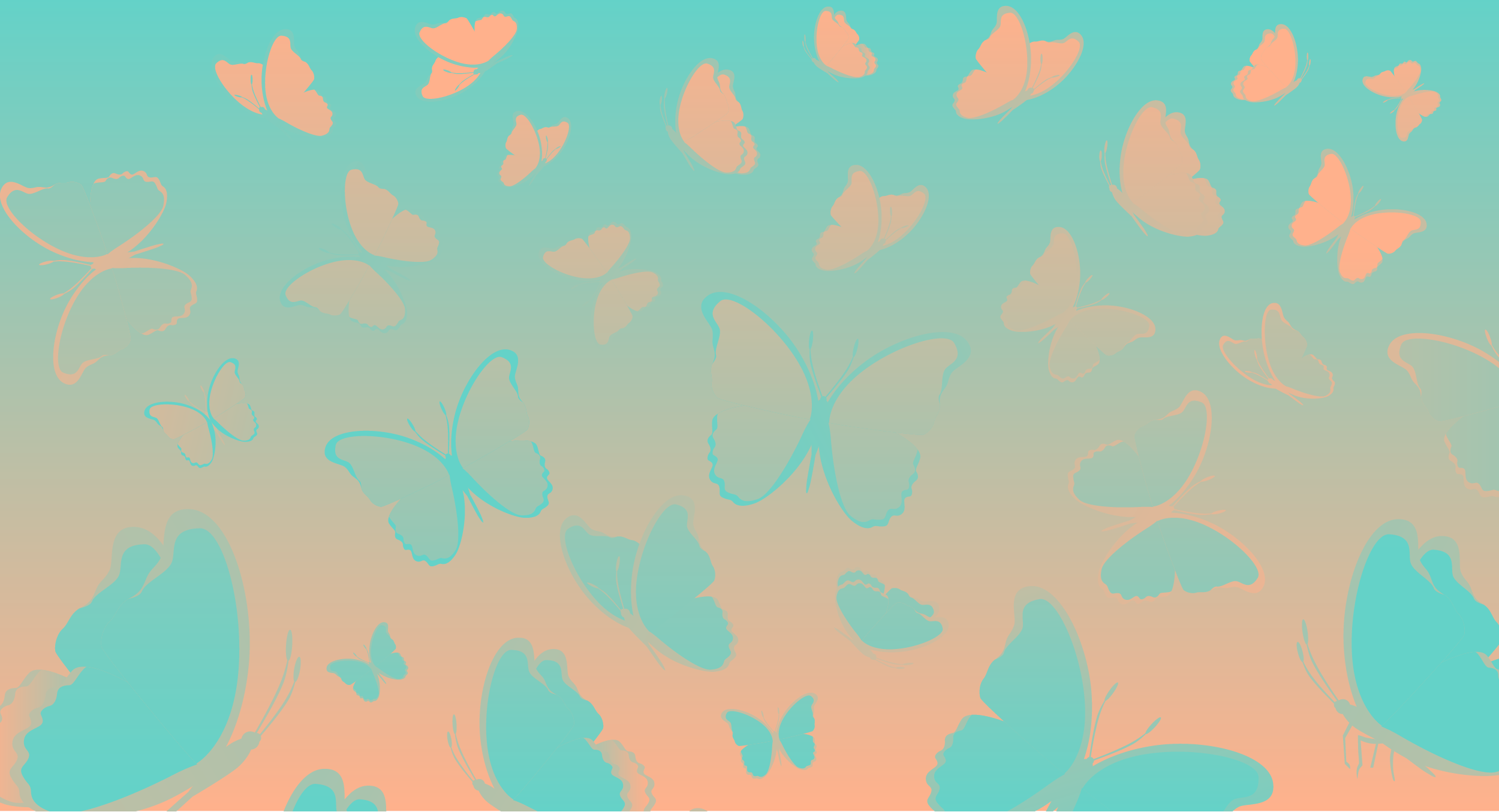
Neurodivergence, Trauma and Recovery (Part 3/3) — Connecting Back to Community
In this three-part series, NdC Development Lead Kay Aldred examines the complex entanglement of Neurodivergence and trauma, and the implications this has for the concept of “recovery”. In this third and final part, Kay explores how connecting to community can play a part in recovery from trauma.
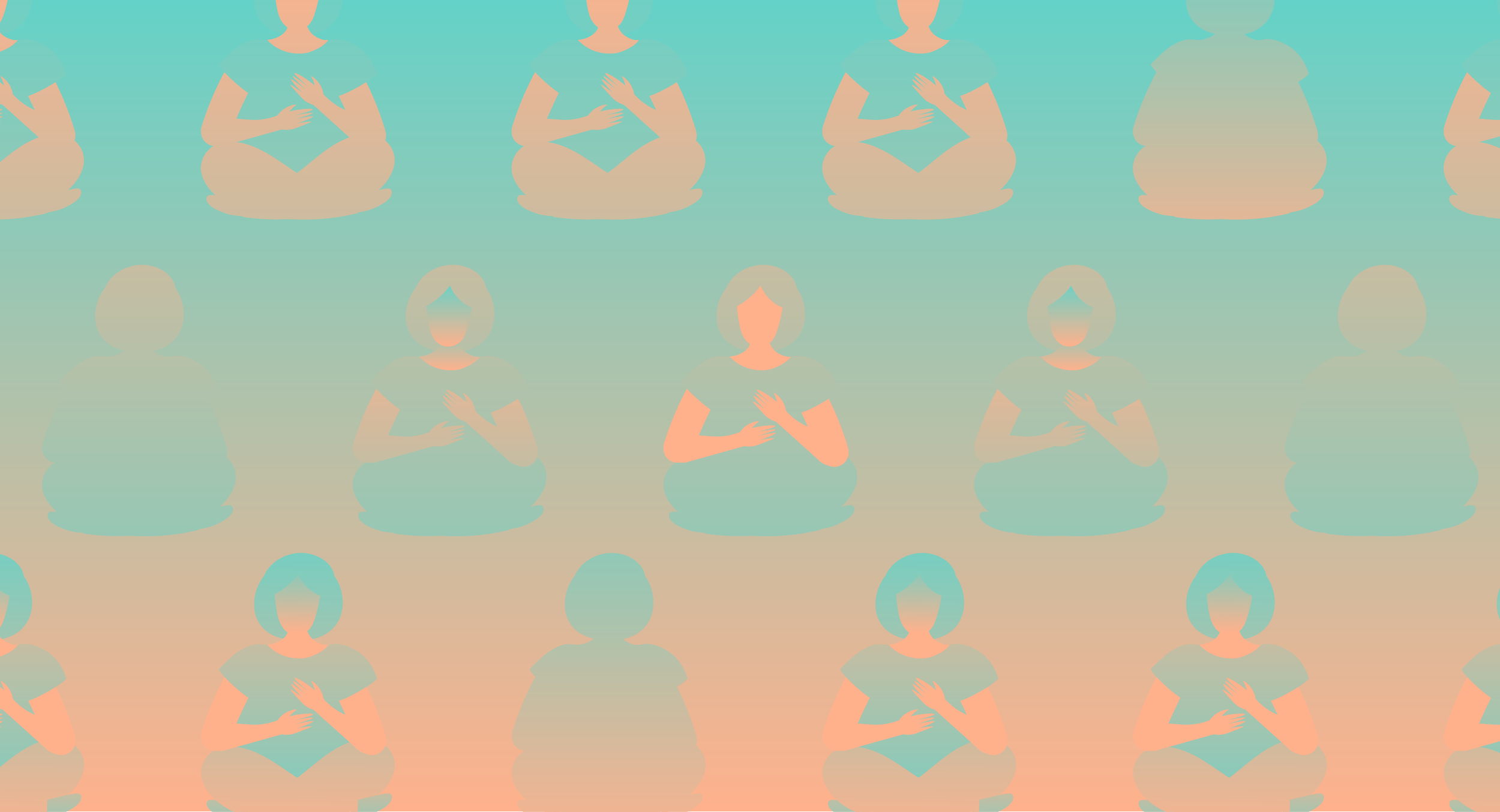
Neurodivergence, Trauma and Recovery (Part 2/3) — Connecting Back to Embodiment
In this three-part series of blogs, NdC Development Lead Kay Aldred examines the complex entanglement of Neurodivergence and trauma, and the implications this has for the concept of “recovery”. In this second part, Kay explores how connecting to the body can illuminate an understanding of trauma and recovery.
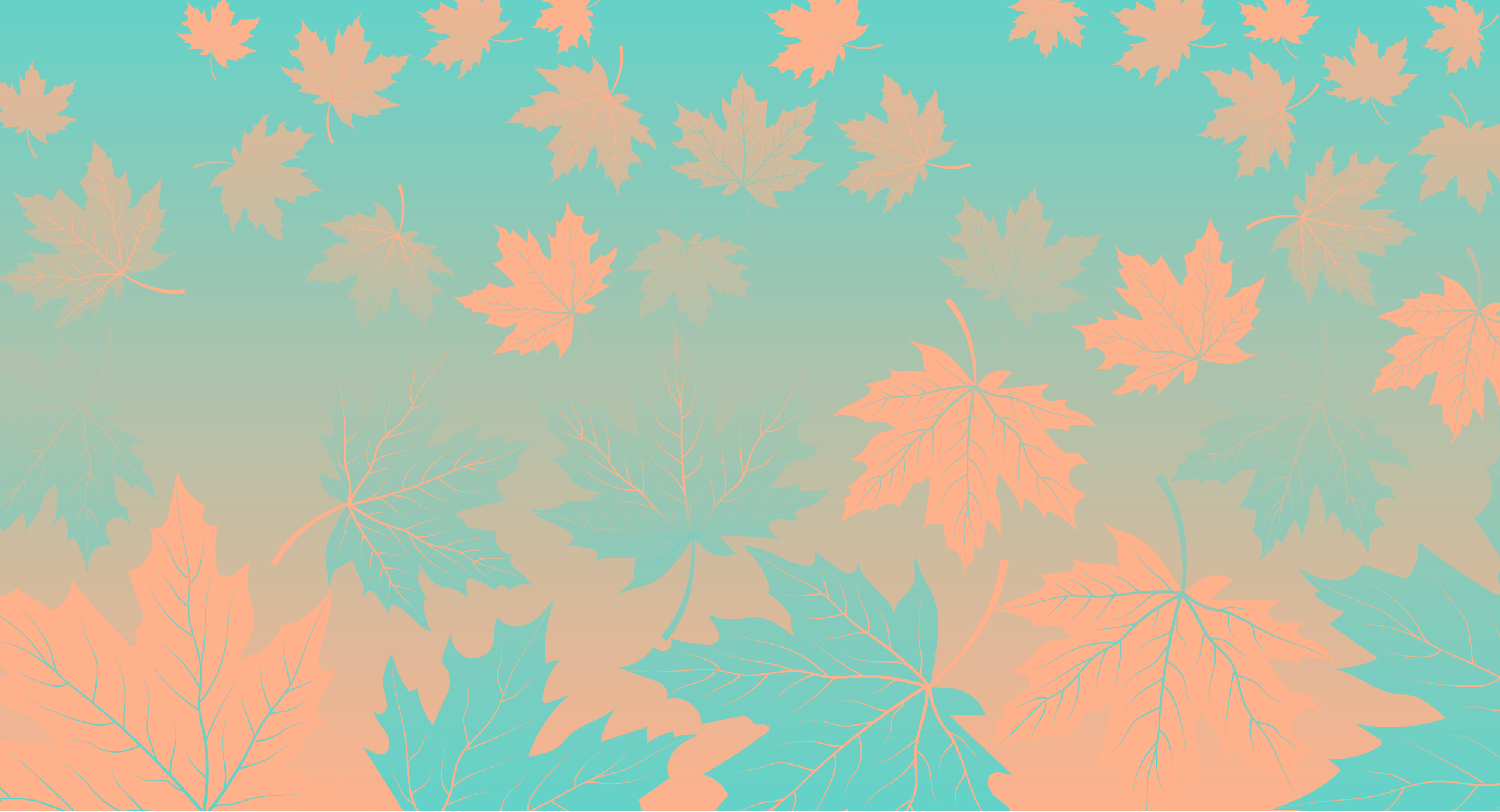
Neurodivergence, Trauma and Recovery (Part 1/3) — Connecting Back to Nature and Cyclical Living
In this three-part series of blogs, NdC Development Lead Kay Aldred examines the complex entanglement of Neurodivergence and trauma, and the implications this has for the concept of “recovery”. In this first part, Kay explores how natural rhythms, such as the seasons, can illuminate an understanding of trauma and recovery.
- ABA
- abuse
- accessible
- ADHD
- adults
- advocacy
- affirming
- aging
- assessment
- autism
- autistic parents
- black autistic
- building design
- burnout
- childhood
- children
- co production
- coercive control
- communication
- community
- culture
- depression
- Designing Homes for Sensory Differences Summit 2024
- diagnosis
- disability
- dyslexia
- eating disorders
- education
- empathy
- employment
- environment
- ethics
- executive functioning
- family
- friendships
- GCC Summit 2023
- gender
- grooming
- guidance
- health
- healthcare
- holiday
- housing
- human rights
- identity
- inclusion
- inpatient
- intersectionality
- joy
- language
- late diagnosed
- learning disability
- LGBTQIA+
- lived experience
- masking
- medicalisation
- meltdown
- mental health
- monotropism
- mothers
- nervous system
- newly diagnosed
- NHS
- OCD
- online
- pain
- parents
- PBS
- peer support
- play
- psychiatric care
- quality of life
- race
- racism
- reasonable adjustments
- relationships
- research
- resources
- routine
- school
- self diagnosis
- self regulation
- sensory environment
- sensory overwhelm
- sensory processing
- services
- sexism
- special interests
- spirituality
- stimming
- stress
- suicide
- support
- therapy
- training
- trauma
- trauma-informed
- women
- workplace
- young people
Got something to say?
We commission blogs from neurodivergent writers. We are particularly keen to hear from people of colour, older people, and non-speaking members of our community. Help us in our mission to amplify the views and voices that are most often left unseen and unheard.


